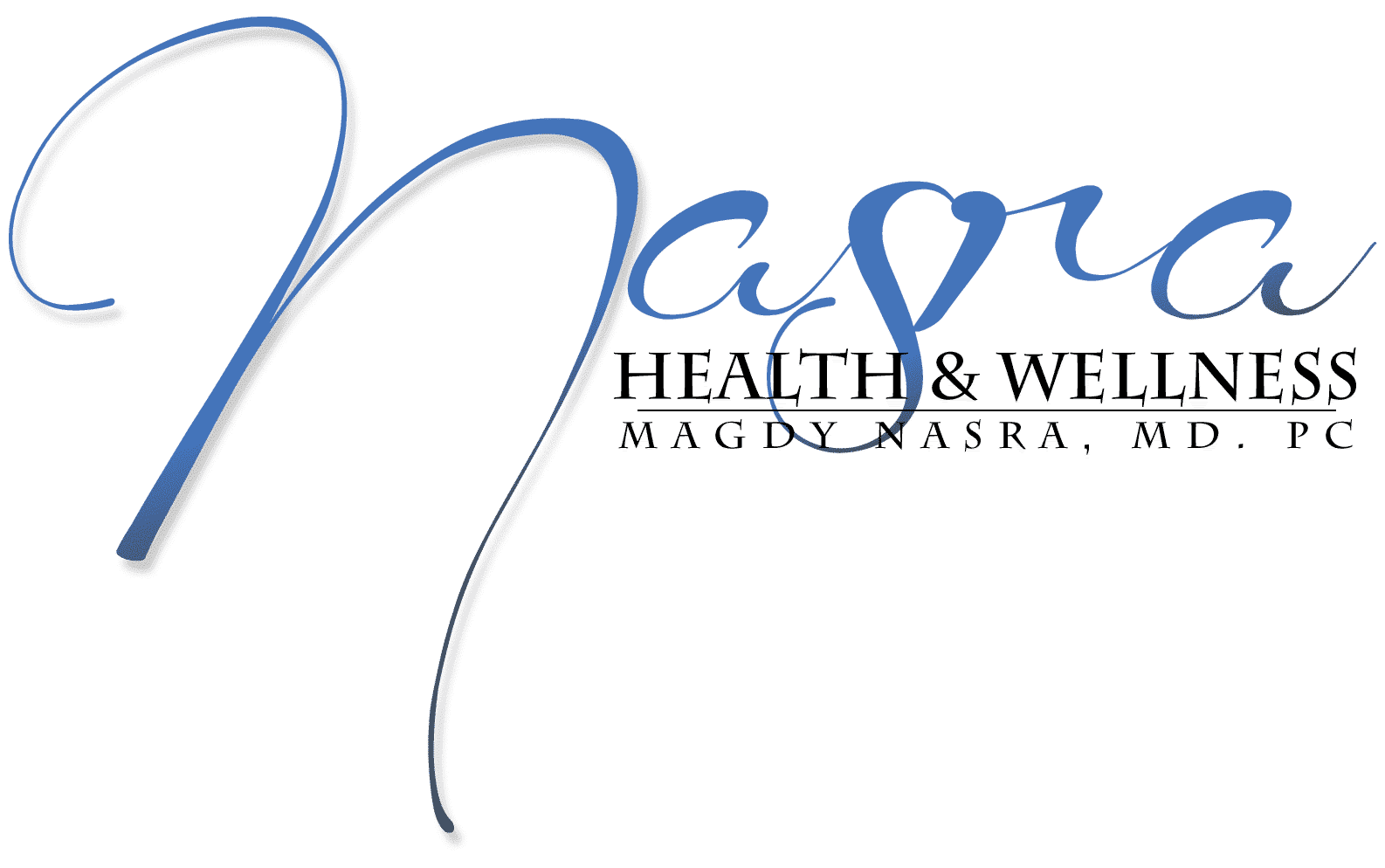What Is IV Infusion Therapy?
Infusion therapy is simply an alternative method for delivering a patient’s needed medications. Rather than oral delivery, infusion therapy with Dr. Nasra administers medication through a sterile catheter inserted into a vein.
Infusion therapy does not always involve intravenous drug administration. Depending on the type and severity of a condition, infusion therapy may refer to intramuscular or epidural injections. The solution administered during treatment may contain nutrients, antibiotics, chemotherapy drugs or other medications. A doctor customizes the infusion-therapy program based on each patient's condition.
In the past, patients undergoing infusion therapy were required to stay in an inpatient facility throughout the process, making treatment costly and time-consuming. Infusion therapy is now given at home, or in a hospice or other convenient setting, eliminating the need for travel or an extended hospital stay. A patient can wear a portable infusion pump to self-deliver medications. Even when infusion therapy is given at home, the patient must be monitored by a doctor.
What Are The Benefits Of IV Infusion Therapy?
There are numerous benefits for patients by receiving their medications intravenously:
- IV infusion can deliver an immediate, fast-acting therapeutic effect. They are useful when it comes to managing pain and nausea because the medication more quickly achieves therapeutic levels.
- The medications are more consistently and completely absorbed.
- Compared to subcutaneous or intramuscular injections, IV infusion through a catheter is more comfortable.
- Because the medications do not need to pass through the gastrointestinal tract, IV infusion is ideal for patients with GI dysfunction or malabsorption, and patients who have difficulty taking oral medications.
- Dosage can be more predictable because the medications are completely absorbed.
"Dr. Nasra is extremely knowledgeable and takes the time to address all concerns. No long wait and friendly staff."
- P.P.
Who Are The Ideal Candidates For Infusion Therapy?
Infusion therapy may be used when a patient's condition is severe and unresponsive, or when the administration of oral medication is ineffective in treating the condition. This type of treatment may be required for patients suffering from the following conditions:
- Cancer
- Dehydration
- Diabetes
- Gastrointestinal conditions
- Arthritis
- Congestive heart failure
- Heart failure
Is There Anything To Do To Prepare For My IV Infusion?
- Drink plenty of water to be sure you are well hydrated.
- Some medications may require that you pre-medicate with other medication such as acetaminophen.
- Wear comfortable, loose-fitting clothes.
How Long Does IV Infusion Therapy Take?
These treatments can take anywhere from a few minutes to a few hours, depending on the medication and the patient. Dr. Nasra will give you an idea of how long your IV infusion will take, so you can plan accordingly.
Will I Experience Any Discomfort Or Pain During IV Infusion Therapy?
These therapies involve little, if any, discomfort. There is an initial needle prick as the catheter is placed into your vein. Delivering the medication can sometimes involve a slight burning sensation at the catheter insertion point, but this usually only lasts a few seconds.
Are There Side Effects With IV Infusion Therapy?
This method of delivering medications is generally safe, but there can be some side effect.
- Infection — Infection can occur at the injection site.
- Damage to the blood vessels — A vein can be damaged during injection or by the catheter line. This can lead to medication leaking into the surrounding tissues instead of the bloodstream. This can cause tissue damage.
- Air embolism — If air gets into the syringe or the IV medication bag and the line runs dry, an air bubble can enter the vein. Air bubbles can then travel to the heart or lungs and block blood flow.
- Blood clots — IV therapy can cause the creation of blood clots. These clots can then travel down the vessel and create blockage. Deep vein thrombosis is one possible result of this.
"Dr Nasra is a great example of a doctor who cares for the total wellbeing of his patients. Staff is friendly and professional. Thank you for the wonderful care you provide."
- R.P.
Schedule A Consultation
If you're interested in learning more about IV Infusion Therapy, please give us a call at 732-888-8255 to schedule a consultation.
